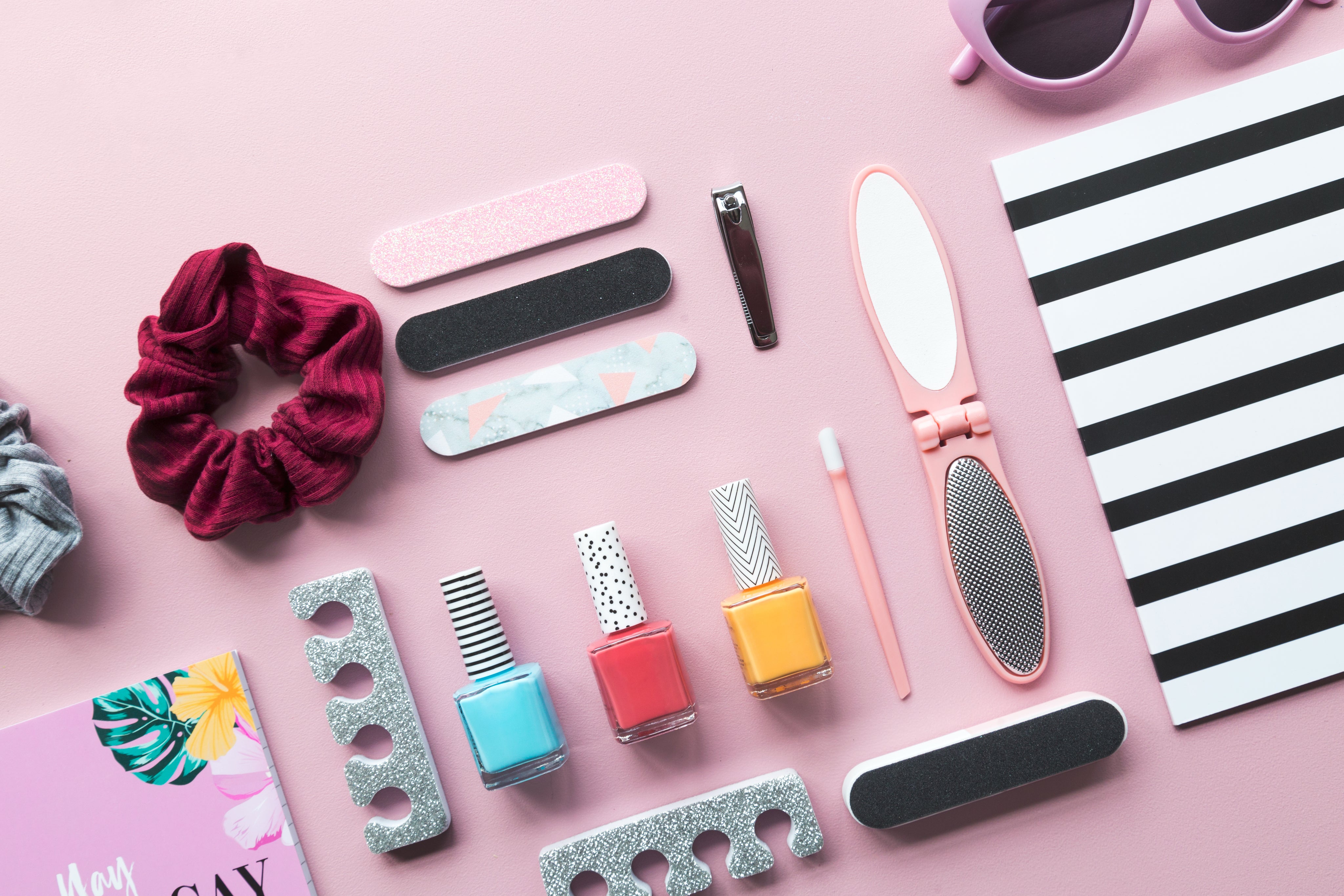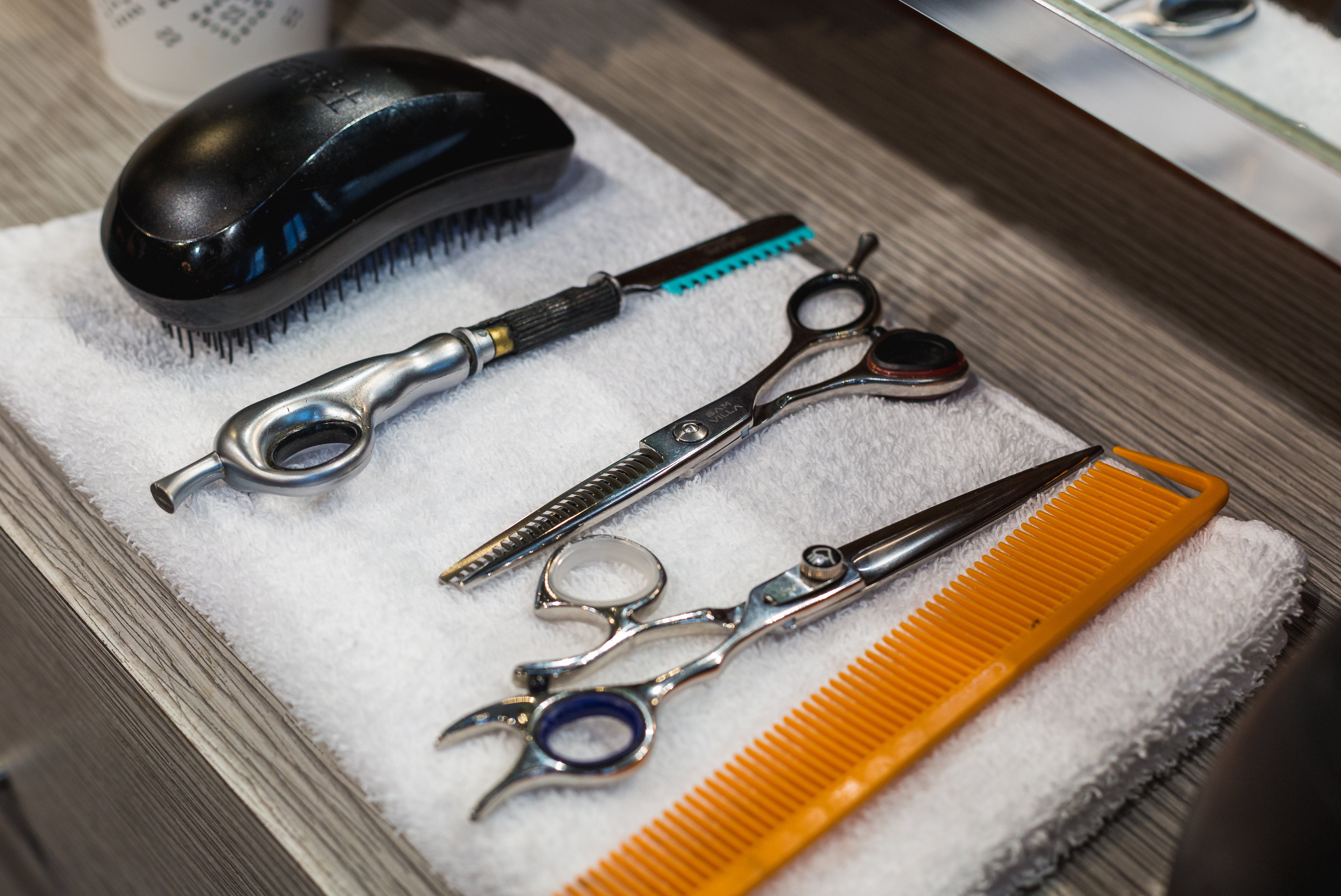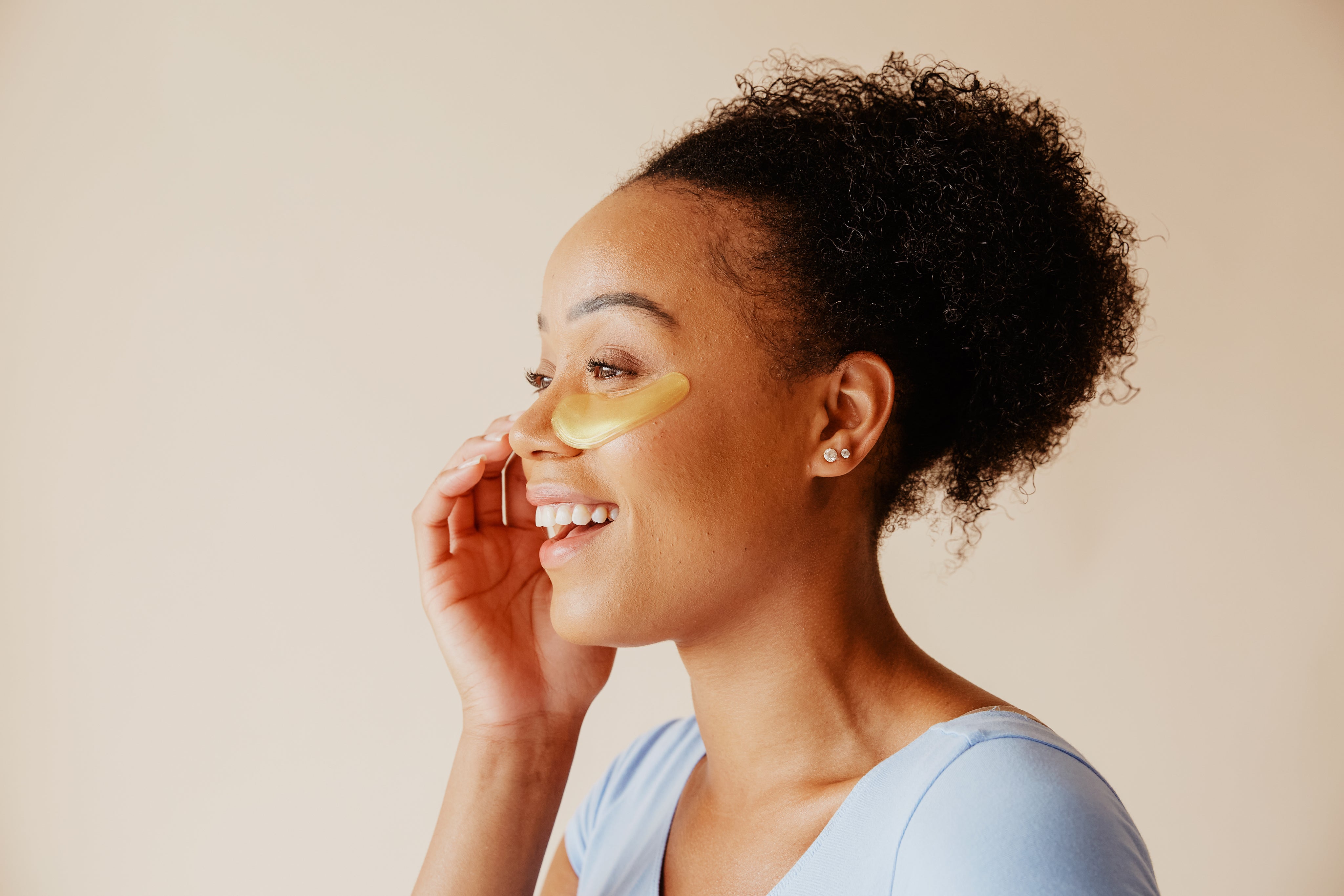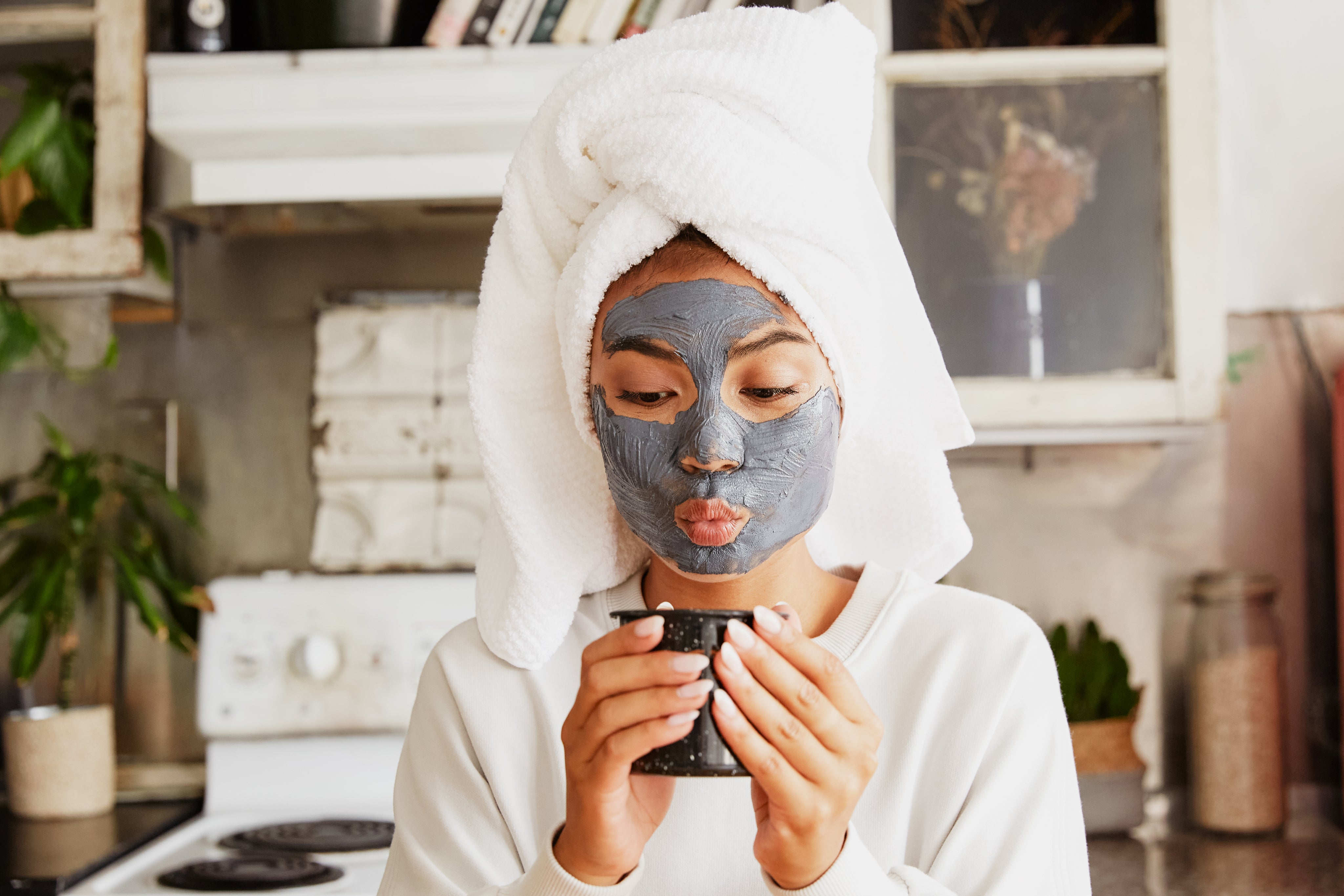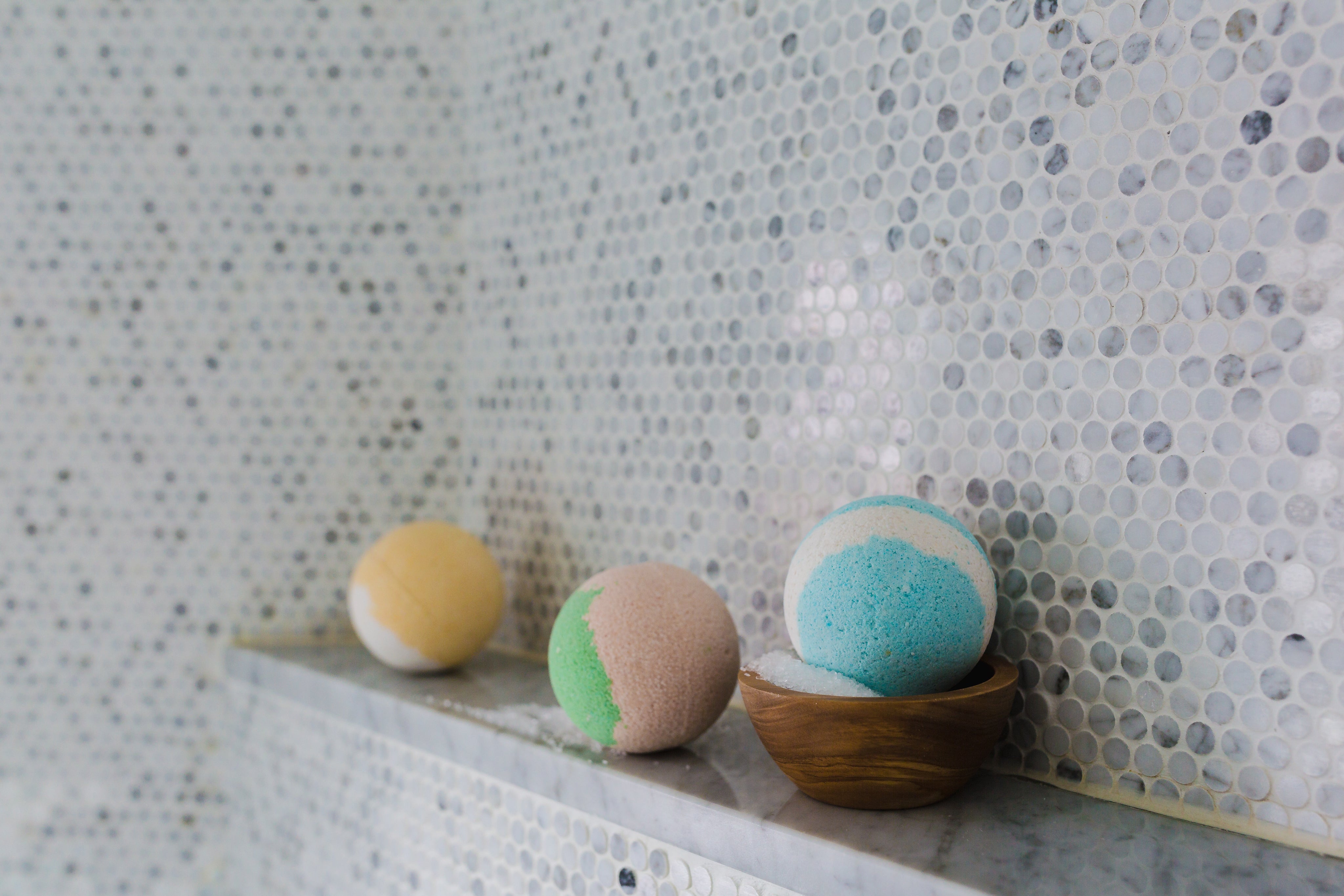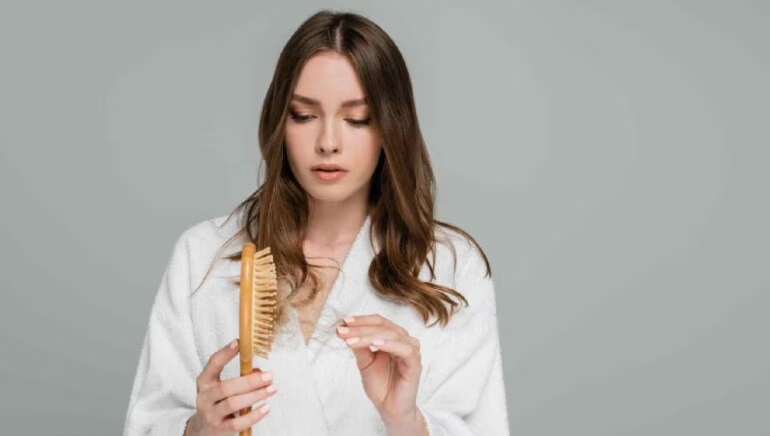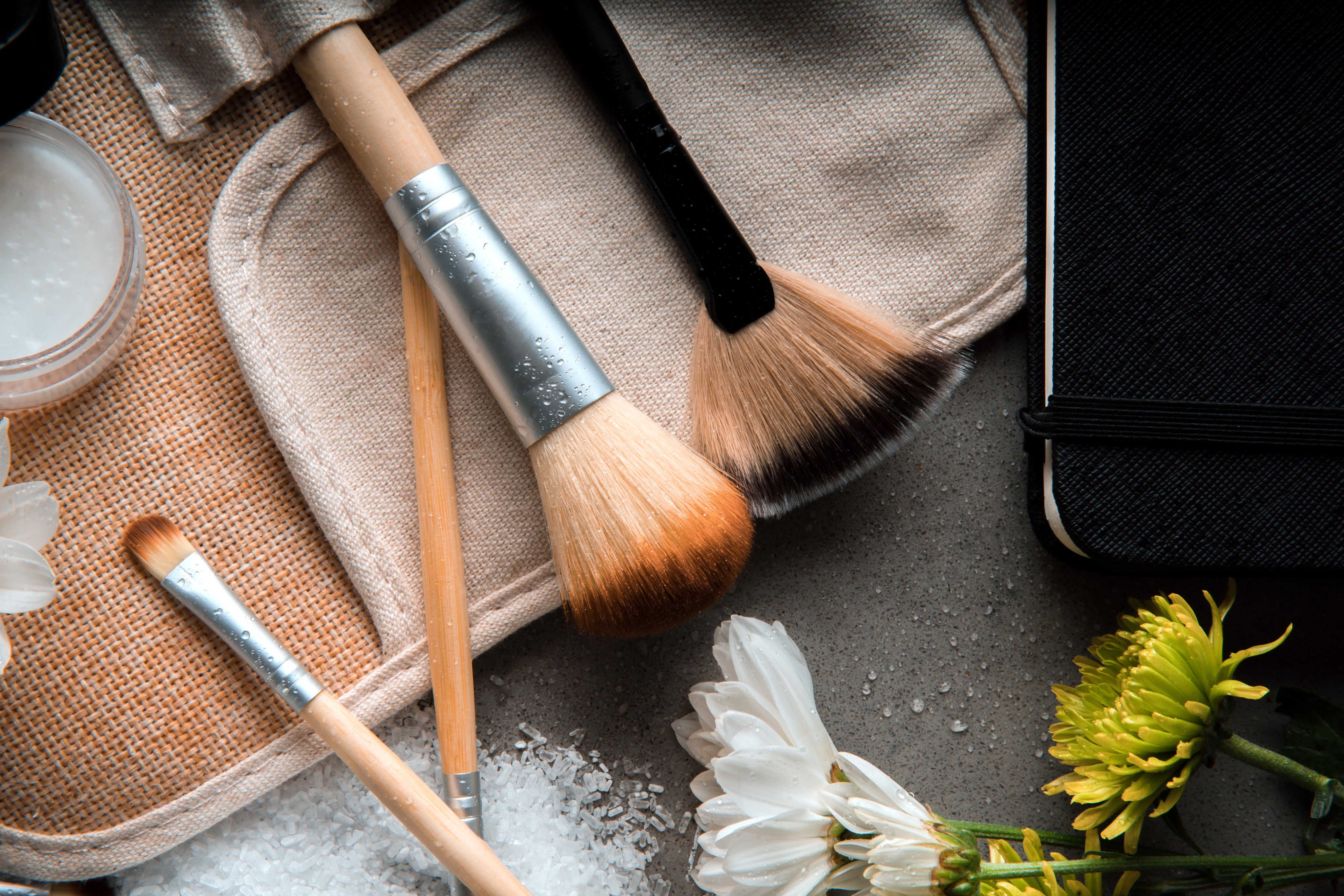
Ketoconazole Shampoo: What It Is, How It Works & Who Needs It
Ketoconazle is a medicated shampoo used to treat dandruff and scalp fungal conditions. It has gained popularity and notable traction online as the "ultimate hair care solution” but is it truly effective?
Whether you’re battling persistent flakes or suspect a fungal scalp issue, ketoconazole shampoo has become a go-to solution.
As of 2025, both dermatologists and consumers rely on it to control yeast-related scalp inflammation, especially in humid climates where flare-ups are common.
But what does it actually do?
Here’s everything you need to know about how it works, what it treats, and whether it’s the right fit for your scalp.
How Does Ketoconazole Shampoo Work?
It treats fungal scalp conditions by stopping yeast growth.
Ketoconazole is an antifungal agent that disrupts the cell membranes of fungi like Malassezia, commonly linked to dandruff and seborrheic dermatitis. It prevents fungal growth by blocking the production of ergosterol, an essential component of fungal cells.
By halting the fungal activity on the scalp, the shampoo can:
- Reduce white flakes
- Minimise itchiness and redness
- Improve scalp barrier function
What Conditions Does Ketoconazole Shampoo Treat?
It’s used to control fungal scalp issues and certain skin conditions.
Ketoconazole shampoo is a hair product frequently prescribed or recommended for:
- Dandruff caused by fungal overgrowth
- Seborrheic dermatitis (itchy, greasy, scaly scalp)
- Tinea capitis (fungal infection of the scalp)
- Pityriasis versicolor (a condition causing skin discolouration)
-
Inflammation-related hair fall in some cases
“Compared to selenium sulphide or coal tar shampoos, ketoconazole delivers stronger antifungal effects with fewer long-term side effects.”
— Journal of Dermatologic Therapy, 2024
Who Should Use Ketoconazole Shampoo?
It’s ideal for anyone dealing with persistent scalp irritation linked to fungi.
This includes:
- People who’ve tried standard dandruff shampoos with no long-term success
- Those with visible flaking, redness, or scalp inflammation
- Athletes or individuals prone to scalp sweating (fungi thrive in moist environments)
- Users recovering from a fungal scalp infection
- Individuals experiencing thinning hair due to inflammation
If your scalp shows white-to-yellowish flakes that return within days of washing, or feels constantly itchy or greasy, it’s worth discussing ketoconazole with a pharmacist or doctor.
Is Ketoconazole Shampoo Good for Hair Loss?
Yes, but only when the cause is inflammation or fungus, not genetics.
Ketoconazole shampoo isn’t a hair growth product in the traditional sense, but it can indirectly help reduce hair shedding and improve scalp health in specific cases.
Some users see benefits such as:
- Less hair fall during washing or brushing
- Reduction in scalp itch and redness
- Improved scalp cleanliness and follicle environment
However, it’s important to be realistic:
- Ketoconazole is not a DHT blocker, so it doesn’t treat androgenetic alopecia . (male/female pattern baldness)
- It won’t regrow hair in areas where follicles are already dormant or scarred
- It’s best used as a complementary treatment, not a stand-alone solution
Can You Combine Ketoconazole Shampoo With Other Treatments?
You may, but timing and compatibility matter. Many people dealing with dandruff or scalp issues try combining ketoconazole with other ingredients like salicylic acid, tea tree oil, or even topical hair loss treatments (minoxidil). This can work, but only when done carefully.
Here’s what’s safe to combine:
|
Treatment |
Can You Use With Ketoconazole? |
Notes |
|
Salicylic Acid |
Yes |
Use on alternating days to exfoliate flakes |
|
Topical Minoxidil |
Yes |
Apply after shampoo is fully rinsed and scalp is dry |
|
Tea Tree Oil |
With caution |
Can be too drying when combined often |
|
Steroid Creams (Rx) |
With doctor advice |
Often prescribed together for seborrheic dermatitis |
|
Biotin Shampoo or Tonics |
Yes |
Use for strengthening hair alongside scalp treatment |
Ketoconazole vs Other Dandruff Shampoos: Which Is Best?
It’s stronger than most OTC (Over the counter) options, but not always the right fit for everyone. Remember, there is no one-size-fits all solution for hair care, everyone’s hair is different.
Here’s a quick comparison:
|
Ingredient |
Best For |
Strength |
Common Brands |
|
Ketoconazole |
Fungal dandruff, seborrheic dermatitis |
Strong |
Nizoral, Sebizole |
|
Zinc Pyrithione |
Mild dandruff |
Moderate |
Head & Shoulders |
|
Selenium Sulphide |
Scalp fungus, heavy flakes |
Strong |
Selsun |
|
Salicylic Acid |
Flaky scalp, psoriasis |
Mild |
Neutrogena T/Sal |
|
Coal Tar |
Scalp psoriasis |
Moderate–Strong |
T-Gel |
Ketoconazole is often considered a step up when zinc or herbal shampoos don’t work, do not think of it as a miracle shampoo like many people online claim it to be.
How Often Should You Use Ketoconazole Shampoo?
2–3 times per week is usually recommended.
Here’s a basic usage guideline:
- 2% strength (Rx): Use 2x weekly for up to 8 weeks
- 1% strength (OTC): Use 2–3x weekly for ongoing maintenance
Step-by-step Guide on How to Use Ketoconazole Shampoo
- Wet hair thoroughly
- Apply a coin-sized amount to scalp
- Massage gently into scalp only
- Leave for 3–5 minutes
- Rinse thoroughly
- Follow with a moisturising conditioner
Pro tip: Avoid overuse, it can cause dryness or dullness with prolonged use.
Timeline For Ketoconazole Shampoo Use
Knowing what to expect from using a hair product is important to gauge its effectiveness. Some users are too anxious to test out a new shampoo only to claim it did not work after one or two washes.
Like losing fat or building muscles, it takes time and rushing the process doesn’t help, it hurts. That being said, here is a rough timeline you can expect when using the Ketoconazole shampoo.
|
Week |
What You’ll Likely Notice |
|
1 |
Itching may reduce slightly, flakes still visible |
|
2 |
Flaking starts to improve; scalp feels cleaner |
|
3 |
Visible flakes reduced; scalp irritation subsides |
|
4 |
Maintenance phase begins; use 2x per week for upkeep |
|
5+ |
Add conditioner or switch to gentler shampoo if scalp feels dry |
Read more: The Ultimate Guide to Choosing the Right Shampoo for Your Hair Type
Myth-Busting: Common Misconceptions About Ketoconazole Shampoo
Alright, let’s dispel some common misconceptions about this wonder shampoo you’ll commonly hear from know-it-all health gurus and user comments.
Myth 1: "It cures all types of hair loss."
Not true. It only helps when hair loss is related to inflammation or fungus. It won’t help with androgenetic alopecia alone.
Myth 2: "You can use it daily like a regular shampoo."
Daily use can cause dryness. Stick to 2–3 times per week unless otherwise prescribed.
Myth 3: "It’s just like tea tree oil shampoo."
Nope. Ketoconazole is a pharmaceutical antifungal, not a natural ingredient. It’s much stronger and clinically tested.
Is Ketoconazole Shampoo Safe for Coloured or Chemically Treated Hair?
It depends, if used excessively, it can lead to drying or cause minor fading. That said, it’s not as if you are forbidden from using ketoconazole, you just need to be more cautious.
If your hair has been bleached, dyed, or straightened, take note:
- The active antifungal may strip some dye molecules
- Use only on the scalp (not mid-lengths to ends)
- Always pair with a moisturising conditioner or mask
Who Should Avoid Ketoconazole Shampoo?
Anyone with known sensitivities to imidazole compounds or very dry scalps. As mentioned in our title, the “Who Needs it” is not just for show, they are people who should, and should not use Ketoconazole.
Avoid ketoconazole shampoo if:
- You’ve had allergic reactions to antifungals before
- You’re dealing with eczema, psoriasis, or sensitive skin that reacts easily
- You’re pregnant (unless cleared by your doctor)
“Although safe for most, prolonged use without medical supervision may disrupt the natural skin flora.”
What If Ketoconazole Isn’t Right for You?
It’s not the end of the world, just the start of a smarter routine.
While ketoconazole shampoo is effective, it’s not for everyone. Some scalps are simply too sensitive for medicated ingredients, and others, like colour-treated or postpartum hair, require more targeted care without harsh side effects.
That’s exactly where Top Secret steps in.
We don’t just sell shampoo. We offer:
-
Botanical-based shampoos for sensitive or dry scalps
- Postpartum-safe formulas
- Non-medicated options that mimic antifungal benefits with fewer side effects
Our range is designed for those who need results without compromising on comfort, moisture, or colour protection.
Explore our curated hair care collections designed for:
✔ Sensitive skin
✔ Thinning hair
✔ Oily, flaky scalps
✔ Bleached, permed, or rebonded hair
✔ Pregnancy and postnatal use
Whether ketoconazole worked for you or not, there’s always a Top Secret formula that fits, because we believe good hair starts with a healthy scalp.
Frequently Asked Questions About Ketoconazole Shampoo
What’s the Difference Between 1% and 2% Ketoconazole Shampoo?
1% is OTC and milder, while 2% requires a prescription and is stronger.
Can I Use Ketoconazole Shampoo Every Day?
No, it's best used 2–3 times weekly to avoid dryness or irritation.
Does Ketoconazole Help With Hair Loss?
Yes, if the hair loss is due to inflammation or fungal issues. It won’t help with genetic baldness.
Is Ketoconazole Shampoo Safe During Pregnancy?
It’s generally avoided during pregnancy unless prescribed. Consult a doctor.
Can I Use Conditioner After Ketoconazole Shampoo?
Yes, use a gentle conditioner, especially if your hair feels dry post-use.
Where Can I Buy Ketoconazole Shampoo in Singapore?
You can find it at pharmacies like Guardian or Watsons, and online via Shopee or brand sites.

